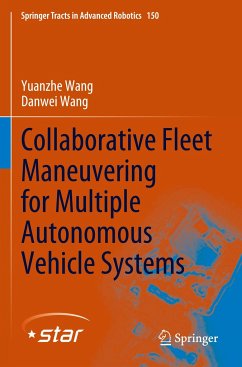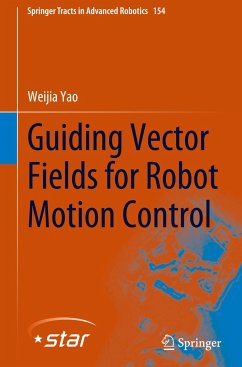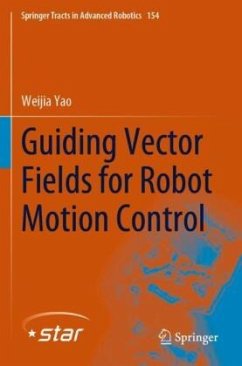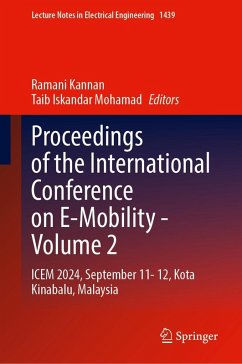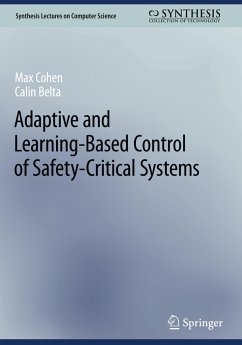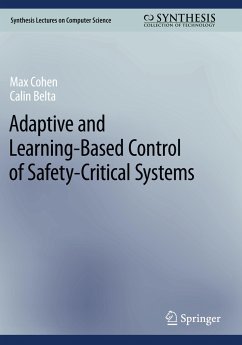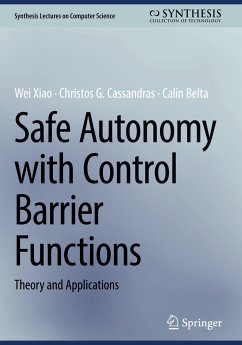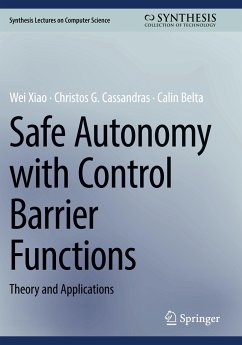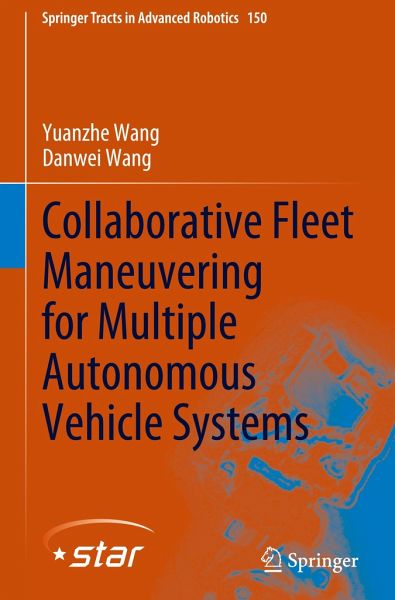
Collaborative Fleet Maneuvering for Multiple Autonomous Vehicle Systems
Versandkostenfrei!
Versandfertig in 6-10 Tagen
76,99 €
inkl. MwSt.
Weitere Ausgaben:

PAYBACK Punkte
38 °P sammeln!
This book presents theoretical foundations and technical implementation guidelines for multi-vehicle fleet maneuvering, which can be implemented by readers and can also be a basis for future research. As a research monograph, this book presents fundamental concepts, theories, and technologies for localization, motion planning, and control of multi-vehicle systems, which can be a reference book for researchers and graduate students from different levels. As a technical guide, this book provides implementation guidelines, pseudocode, and flow diagrams for practitioners to develop their own syste...
This book presents theoretical foundations and technical implementation guidelines for multi-vehicle fleet maneuvering, which can be implemented by readers and can also be a basis for future research. As a research monograph, this book presents fundamental concepts, theories, and technologies for localization, motion planning, and control of multi-vehicle systems, which can be a reference book for researchers and graduate students from different levels. As a technical guide, this book provides implementation guidelines, pseudocode, and flow diagrams for practitioners to develop their own systems. Readers should have a preliminary knowledge of mobile robotics, state estimation and automatic control to fully understand the contents in this book. To make this book more readable and understandable, extensive experimental results are presented to support each chapter.



